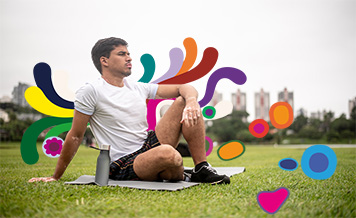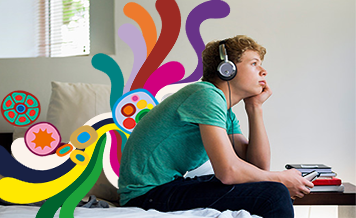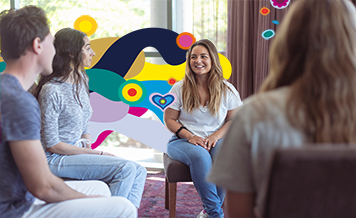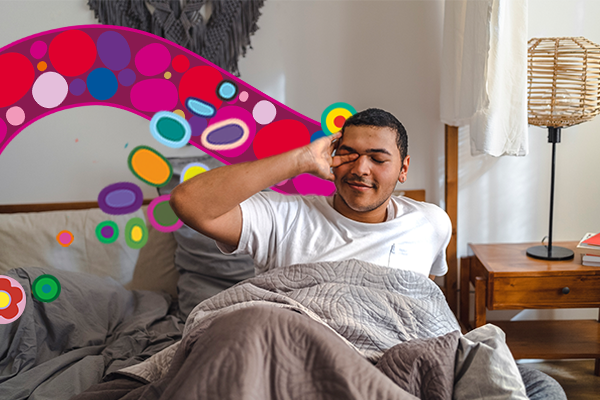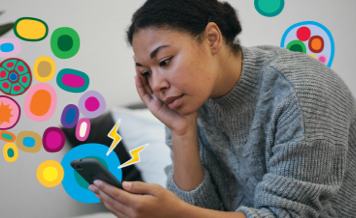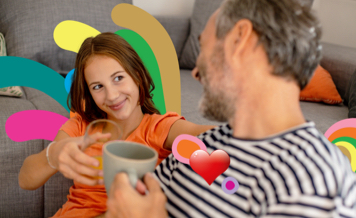How to manage stress
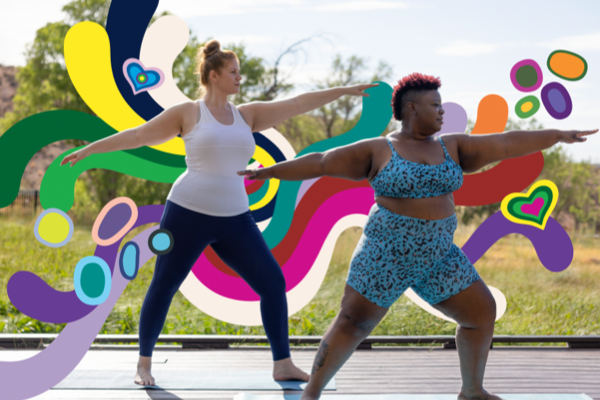
Stress is a natural reaction to the challenges you face each day; it could be triggered by work, family, friends or events. Stress happens in many ways even if you can rationalise the situation, for example: you feel fine but your favourite sports team not doing well adds stress to your life.
What happens when you feel stress?
Your body releases stress hormones when it senses high-pressure situations or danger. These hormones keep you alert so you can best respond to the situation.
So, if stress occurs naturally, how do you lower stress?
The key is to know what causes stress in your life. The next step is to take positive decisions to manage your stress.
Often, people rely on junk food to deal with stress because those foods provide comfort due to rich flavours and high levels of sugar or fat. Alcohol is another way that people cope with stress due to its mood-altering effects. A reliance on junk food or alcohol to cope with stress can create unhealthy habits. Researchers discovered that the brain craves more junk food if you eat high-calorie foods when you're stressed. More junk food can lead to unhealthy side effects.
Instead, explore healthy ways to ease stress in your life.
Find activities you love and use them to ease stress, here are some ideas:
Exercise to lower stress
Regular exercise is an excellent way to manage stress. Aim for 20 minutes of exercise at least three times a week. Exercise may reduce stress hormone levels in your body. Exercise also stimulates the release of endorphins to boost your mood. Need inspiration? Go for a brisk walk, a light jog or try a nighttime yoga routine that’s perfect for beginners.
Mindfulness to reduce stress
Take a moment to focus on the moment. Mindfulness is when you are completely aware of what’s happening in the moment. Breathe in through your nose, fill up your abdomen, hold it for a few seconds and breathe out through your mouth. As you repeat this pattern, start to relax any tense muscles and let go of any worries. Research has found that people who practise regular mindfulness reduce their stress.
Ease stress outside
It’s called ‘the great outdoors’ for a reason – it’s great for stress reduction. Studies show that an improvement in mental health is associated with “living near, recreating in and feeling psychologically connected to the natural world”. Go for a hike, swim or try an outdoor yoga class, enjoy some time outdoors with the added goodness of fresh air, natural light and nature. Other activities like gardening or bike riding are a great way to get outside in the fresh air.

24/7 Medibank Mental Health Support
Medibank health insurance members can chat to a mental health professional about how they feel and ask questions about a range of mental health concerns for themselves or a loved one and get guidance on what they can do next. Chat online or call 1800 644 325 anytime of the day or night, 7 days a week at no extra cost.~
Bite-size stress management
Take your day, divide and conquer, and reduce stress. Sometimes your day may feel overwhelming but there’s a way to ease the mental load. When you break tasks down into smaller chunks, they can feel less stressful and more achievable. It’s also satisfying to cross a task off your to-do list. Experiment with different ways to get your task list out of your head and onto a list because it works to lessen worries and reduce stress. A study found that people who write a comprehensive to-do list before bedtime fall asleep more quickly than people who don’t because they are able to clear their minds.
Daily gratitude makes a difference
Negative self-talk can often creep into your mind. Focus on the positives with gratitude. Make a list of your strengths and what you are grateful for in your life. A study asked a group of people to write about what they were grateful for each week compared to a group that was asked to write about what irritated them each week. After 10 weeks, the researchers found that the group who practised gratitude were more optimistic about their lives.
Where to get help
If your life or someone else’s is in danger, call 000 immediately.
If you’re in distress and need help, call Lifeline on 13 11 14 for 24/7 crisis support.
For non-emergency support, your GP or regular health practitioner is often the best place to start. They will be able to assess your individual situation and recommend the best next steps for your recovery.
Medibank health insurance members can chat to a mental health professional about how they feel and ask questions about a range of mental health concerns for themselves or a loved one and get guidance on what they can do next. Chat online or call 1800 644 325 anytime of the day or night, 7 days a week at no extra cost~.
Remember that help is always available, no matter the situation.
How can we help?
I want to know how my cover supports mental health
I need help and want to talk
Related articles
Things you need to know
~Some referred services may involve out of pocket costs and waiting periods may apply
While we hope you find this information helpful, please note that it is general in nature. It is not health advice, and is not tailored to meet your individual health needs. You should always consult a trusted health professional before making decisions about your health care. While we have prepared the information carefully, we can’t guarantee that it is accurate, complete or up-to-date. And while we may mention goods or services provided by others, we aren’t specifically endorsing them and can’t accept responsibility for them. For these reasons we are unable to accept responsibility for any loss that may be sustained from acting on this information (subject to applicable consumer guarantees).










